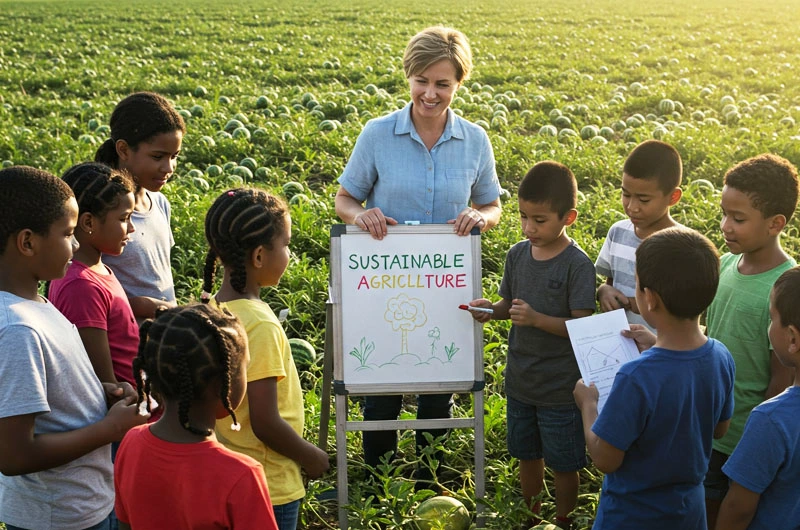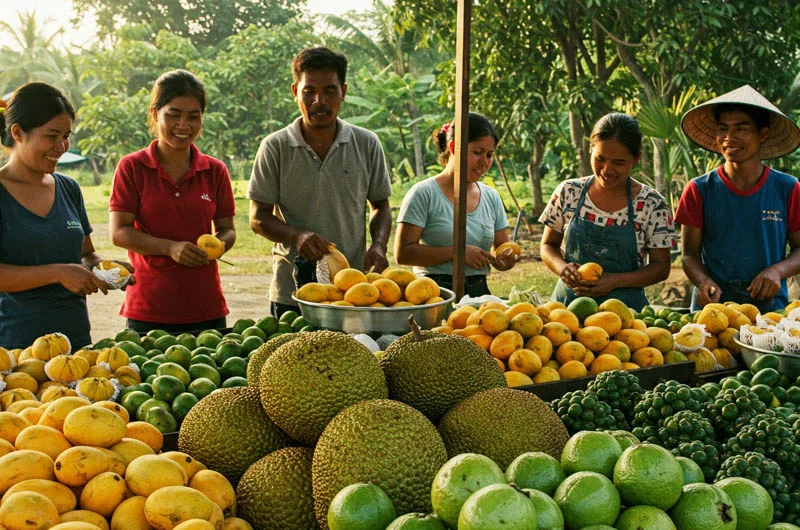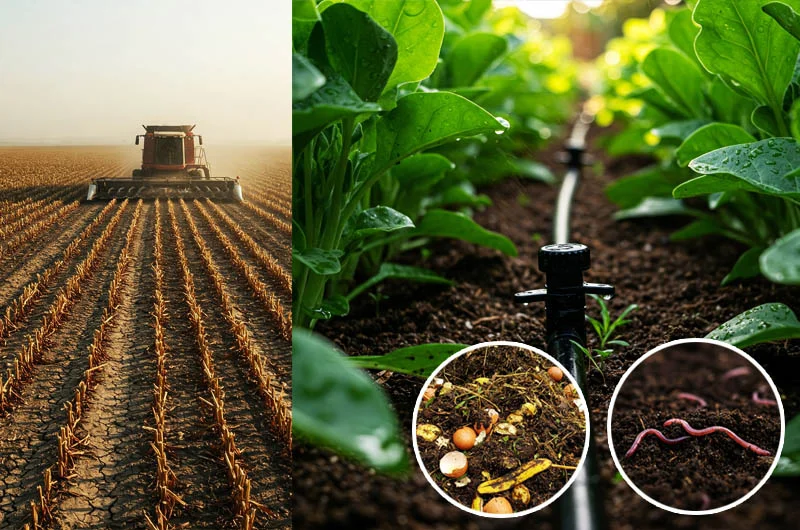Understanding Sustainable Agriculture: Principles & Practices
In an era of increasing environmental awareness and a growing global population, the way we produce food is under scrutiny. Sustainable agriculture has emerged as a vital approach, offering a path towards a more resilient and environmentally responsible food system. This article delves into the definition, principles, benefits, and practices of sustainable agriculture, highlighting its crucial role in securing our future.
What is Sustainable Agriculture?
At its core, sustainable agriculture is a holistic farming system that aims to produce food and fiber in a way that protects the environment, public health, human communities, and animal welfare. It focuses on meeting the needs of the present without compromising the ability of future generations to meet their own needs. Unlike conventional agriculture, which often 1 prioritizes maximizing yields through intensive practices, sustainable agriculture emphasizes long-term ecological balance and resource conservation.
Key Principles of Sustainable Agriculture:
Sustainable agriculture is guided by several core principles:
- Environmental Stewardship: This principle emphasizes minimizing negative impacts on the environment. It involves practices that conserve natural resources like soil, water, and air, reduce pollution, and promote biodiversity.
- Economic Viability: For agriculture to be truly sustainable, it must be economically viable for farmers. This involves ensuring fair prices for their products, reducing input costs, and fostering long-term profitability.
- Social Equity: Sustainable agriculture also considers the social aspects of farming. This includes fair labor practices, supporting rural communities, and ensuring access to healthy and affordable food for all.

The Multifaceted Benefits of Sustainable Agriculture:
Adopting sustainable agricultural practices offers a wide range of benefits:
- Environmental Protection: Reduced use of synthetic pesticides and fertilizers minimizes pollution of water sources and soil. Conservation tillage and cover cropping help prevent soil erosion and improve soil health.
- Enhanced Biodiversity: Sustainable farming encourages diverse crop rotations and the integration of natural habitats, supporting a wider range of plant and animal life.
- Improved Public Health: By reducing exposure to harmful chemicals in food production, sustainable agriculture contributes to healthier diets and reduces the risk of related illnesses.
- Climate Change Mitigation: Certain sustainable practices, like no-till farming and agroforestry, can sequester carbon in the soil, helping to mitigate climate change.
- Increased Resilience: Diverse farming systems are often more resilient to environmental stresses like droughts and floods.
- Stronger Rural Communities: Sustainable agriculture can support local economies and create more vibrant rural communities.

Common Sustainable Farming Practices:
Sustainable agriculture encompasses a variety of specific practices, including:
- Organic Farming: Avoiding synthetic pesticides, herbicides, fertilizers, and genetically modified organisms (GMOs).
- Conservation Tillage: Minimizing soil disturbance to reduce erosion and improve soil health.
- Cover Cropping: Planting non-cash crops to protect and improve the soil between main cropping seasons.
- Crop Rotation: Planting different crops in a planned sequence to improve soil health, reduce pest and disease pressure, and enhance nutrient cycling.
- Integrated Pest Management (IPM): Using a combination of biological, cultural, and chemical controls to manage pests in a way that minimizes environmental impact.
- Water-Efficient Irrigation: Utilizing techniques like drip irrigation to conserve water resources.
- Agroforestry: Integrating trees and shrubs into farming systems to provide shade, windbreaks, and additional income streams.
- Sustainable Livestock Management: Implementing practices that ensure animal welfare, prevent overgrazing, and manage manure effectively.

Challenges and the Future of Sustainable Agriculture:
While the benefits of sustainable agriculture are clear, there are also challenges to its widespread adoption. These include the need for more research and development, overcoming initial investment costs, and educating farmers on new techniques. However, with increasing consumer demand for sustainably produced food and growing awareness of the environmental impacts of conventional agriculture, the future of sustainable agriculture looks promising.
Sustainable agriculture is not just a trend; it’s a necessary shift towards a more responsible and resilient food system. By embracing its principles and practices, we can cultivate a greener future for ourselves and generations to come, ensuring food security while protecting our planet.

